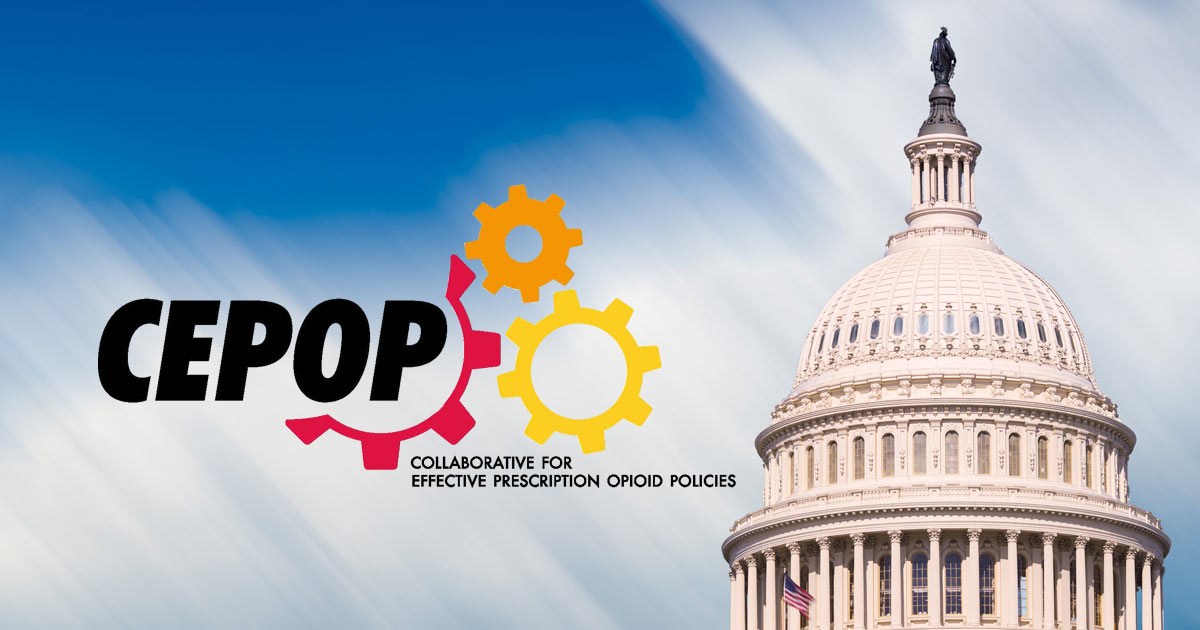Naloxone Awareness Day Resolution Introduced
Last week, members of the Senate and House of Representatives announced a resolution recognizing June 6th as Naloxone Awareness Day. The resolution intends to expand awareness of naloxone and its life-saving abilities and educate the public about the signs of overdose and how to administer naloxone. Additionally, the resolution identifies the need to understand barriers to access and how federal, state, local, and tribal governments can address barriers to care. Representative Trone (MD), the lead sponsor in the House, stated, “As our communities continue to grapple with a devastating opioid epidemic, our nation’s leaders need to put our money where our mouth is on delivering much-needed resources to the frontlines….That means following the data: studies show that one in five fatal overdoses could be averted with naloxone if it’s properly supplied. By raising awareness of this vital emergency treatment, we can and will save lives.”
Articles & Resources
Senator Ed Markey—Markey, Scott Lead Bipartisan, Bicameral Resolution Designating June 6th Naloxone Awareness Day
HHS Publishes National Model Standards for Substance Use, Mental Health, and Family Peer Worker Certifications
On June 6th the Department of Health and Human Services (HHS), with the assistance of the Substance Abuse and Mental Health Services Administration (SAMHSA), published the National Model Standards for Peer Support Certification intended for substance use, mental health, and family peer workers. Per HHS, peer workers play a role in overdose prevention and substance use treatment and recovery by applying their own lived experiences with substance use issues to support others. The standards were created to speed up the adoption, recognition, and integration of the peer workforce model so peer workers can more quickly deliver substance use services. In the announcement, HHS Secretary Xavier Becerra stated, “These new national standards will help advance President Biden’s strategy to tackle the nation’s behavioral health crisis. We can improve health outcomes for people with behavioral health issues by better integrating the peer workforce into our health care system. Getting help from a person who has been successful in the recovery process can be lifechanging.”
Articles & Resources
HHS–HHS Publishes National Model Standards for Substance Use, Mental Health, and Family Peer Worker Certifications
National Model Standards for Peer Support Certification
What We Read Last Week
Several articles were published last week pertaining to the opioid epidemic, covering a variety of different components of the topic. Links to relevant articles are provided below.
Associated Press—‘Keep them alive’: More states legalize fentanyl test strips to combat surging opioid deaths
Health Canada—Government of Canada takes action to disrupt the illegal importation and distribution of precursor chemicals to make illegal fentanyl
NPR—California debates whether teens can get drug treatment without parental consent
NPR—Few are tackling stigma in addiction care. Some in Seattle want to change that
O’Neill Institute at Georgetown Law—Transcending MET (Money, Ego, Turf): A Whole Person, Whole Government Approach to Addressing Substance Use Disorder Through Aligned Funding Streams and Coordinated Outcomes
Politico—Biden’s drug czar: 165,000 lives might be lost annually to the opioid crisis by 2025
This Week’s Calendar
In the week ahead, there are no relevant events or hearings noticed at this time. In the event that there are any changes to the schedule for this week, we will make additional information available.
Questions about the above content can be directed to [email protected].

